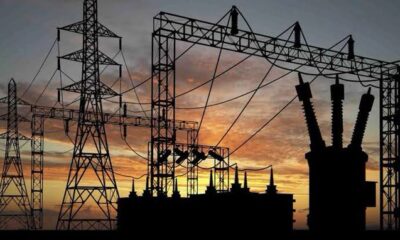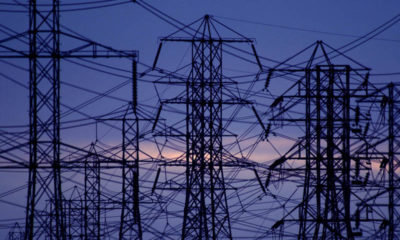The Senior Vice President of the World Bank, Indermit Gill, has praised the Governor of the Central Bank of Nigeria, Yemi Cardoso, over his approach to managing inflation in the country.
Gill made this known during his address at the 30th Nigerian Economic Summit organized by the Nigerian Economic Summit Group in Abuja, on Monday.
The World Bank VP decried the high cost of petrol occasioned by the subsidy removal of President Tinubu’s government and the untold hardship it has imposed on Nigerians.
However, he hailed the interest rate increase by the central bank which according to him will boost confidence in the Naira and anchor inflationary expectations.
Gill emphasized that Governor Cardoso through his policies has been steering Nigeria in the right direction.
Meanwhile, Gill noted that Nigeria is just in the beginning stage of reaping the benefits of these policies.
According to him, the country will need to sustain the momentum for a period of ten to seventeen years, before achieving the desired outcome.
He revealed that countries like India, Poland, Korea, and Norway have benefitted from the approach.
He said, “Implementing such a far-reaching reform is impossible without a solid political commitment from the top. The price of PMS has quadrupled since the subsidy cut, imposing terrible hardship across the breadth of Nigeria’s society.
“The Central Bank has had to hike its policy by a huge 850 basis point, almost 9 percentage points in the last month to boost confidence in the naira and anchor inflationary expectations.
“The Central Bank financing of fiscal deficit has finally ended, and Governor Cardoso has been putting Nigeria or helping to put Nigeria on the right course.”
“But this is only the beginning, Nigeria will need to stay the course for at least 10 to 17 years to transform its economy. If it does that, it will transform its economy.
“And it will become an engine of growth in Sub-Saharan Africa. And he will help to transform Sub-Saharan Africa. It’s very difficult to do these things, but the rewards are massive.
“This is the lesson from the last forty years as well as the experience of countries such as India, Poland, Korea and Norway,” Gill said.
Investors King reported that on September 24, 2024, the apex bank announced another increase in its Monetary Policy Rate (MPR) to 27.25% from 26.75 percent.
The decision was made during the Monetary Policy Committee (MPC) meeting chaired by CBN Governor, Yemi Cardoso.

 Naira4 weeks ago
Naira4 weeks ago


 News3 weeks ago
News3 weeks ago
 Education4 weeks ago
Education4 weeks ago


 Social Media4 weeks ago
Social Media4 weeks ago
 Economy4 weeks ago
Economy4 weeks ago
 Investment4 weeks ago
Investment4 weeks ago


 Dividends4 weeks ago
Dividends4 weeks ago


 Business3 weeks ago
Business3 weeks ago

















